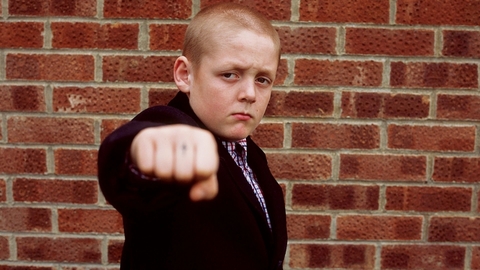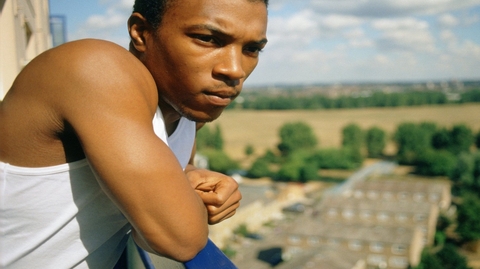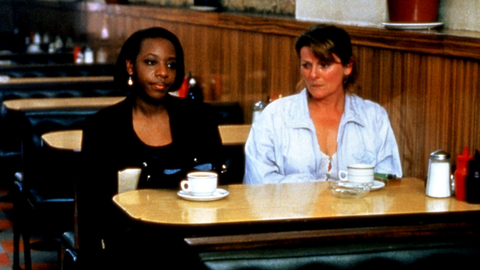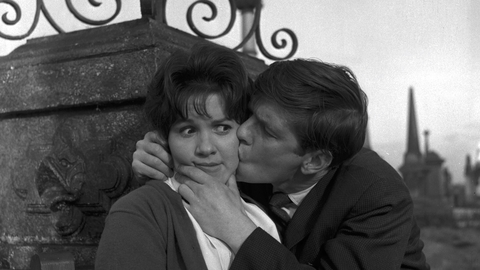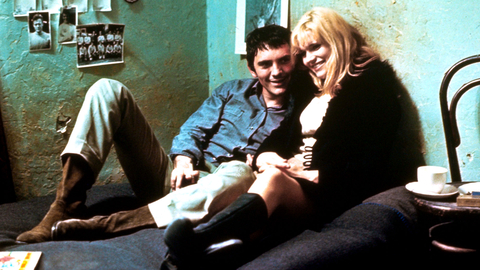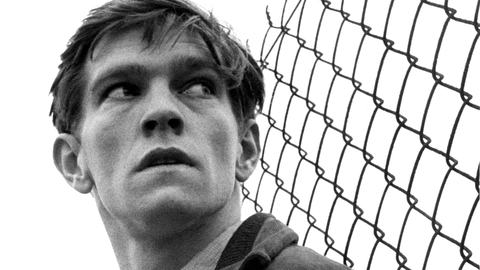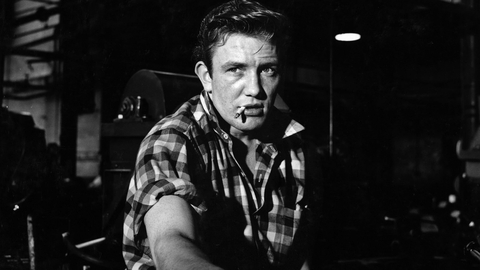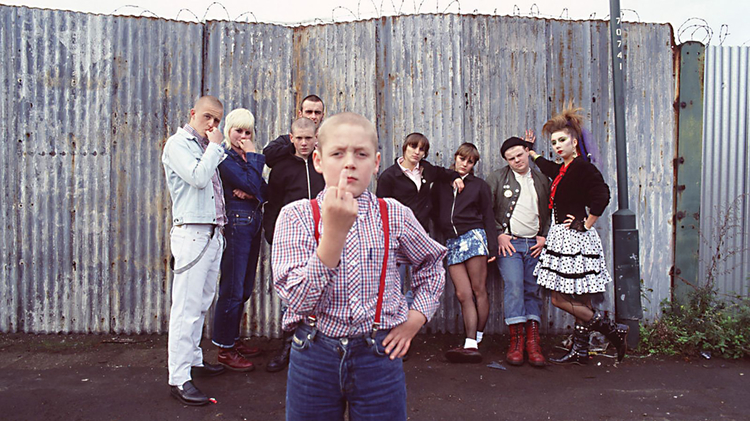
Working Class Heroes: British Working Class on Film
Please note : this season finished in Oct 2018
From the so-called ‘angry young men’ of British theatre and cinema of the 1950s and ‘60s – a term coined by the press in promoting John Osborne’s 1956 play, Look Back in Anger – came the British New Wave. Here, kitchen sinks were visible and working-class men and women finally had their stories told, on stage and screen.
More than just examples of capitalist success, made popular by Charles Dickens’ ‘rags to riches’ narratives, the working-class heroes of the British New Wave were real - and yeah, they had it tough. Still, even bittersweet stories are flooded with light, love and a barrel of laughs from time to time. Bold and bracing, they showed the working-classes as individuals, and not as the faceless masses of a workforce that simply props up the British economy.
Reflecting on some of these significant works, that paved the way for contemporary British cinema, throughout September and October this season celebrates some of British cinema’s most compelling working class talent and reveals the beating heart of a nation, stagnated by prejudice and privilege.
September - Of Grudge and Gumption (1960s)
Talking back to the establishment – most of these films were made under consecutive tenures of Conservative governments (1951-1964) – our September brunches are all grudge and gumption.
From factories to physical fitness and into the aching heart of the domicile, our season begins with a cold hard look at life in 1960s Britain. With the proverbial ‘angry young men’ in mind, Saturday Night and Sunday Morning is anti-establishment and, honestly, fed up with the oppression of its time. Looking for ways of coping or escaping, The Loneliness of the Long Distance Runner and Billy Liar bare resilience and the indomitable spirits that keep drowning heads (and hearts) just above water. What each of these films reveals is the pressure that the nation puts on an unsustainable system of capitalist patriarchy and, in Poor Cow, we see its intimate and heart-breaking consequences.
October - Class, Race and Gender Struggles (1990s / 2000s)
Following in the footsteps of the British New Wave, which gave British cinema both a voice and an aesthetic, the independent cinema of the 1990s and early 2000s, such as the films we'll be screening as part of the season in October, continued to deal with class struggle, but in an increasingly intersectional way.
From Mike Leigh’s astonishing Secrets and Lies to Saul Dibb’s Bullet Boy, depictions of the true devastation of the class system in Britain went one step further, now revealing its bitter entanglement with gender and race. So, too, did a number of female voices, behind as well as in front of the camera, start to make waves. Lynne Ramsay, now one of the foremost internationally acclaimed British filmmakers, didn’t just break ground with her debut feature film, Ratcatcher, she positively smashed it. Finally, and rounding off our season, is Shane Meadows’ This is England, a portrait of revisionist right wing extremism come terrifyingly alive. Twelve years on, and with a spin-off TV series in the ether, Meadows’ masterfully made fiction film is dystopian reality incarnate.
Viewed under the contemporary social and political climate, each of these impacting voices of British cinema feels more urgent than ever.
Written by Tara Judah, Watershed Cinema Producer.

